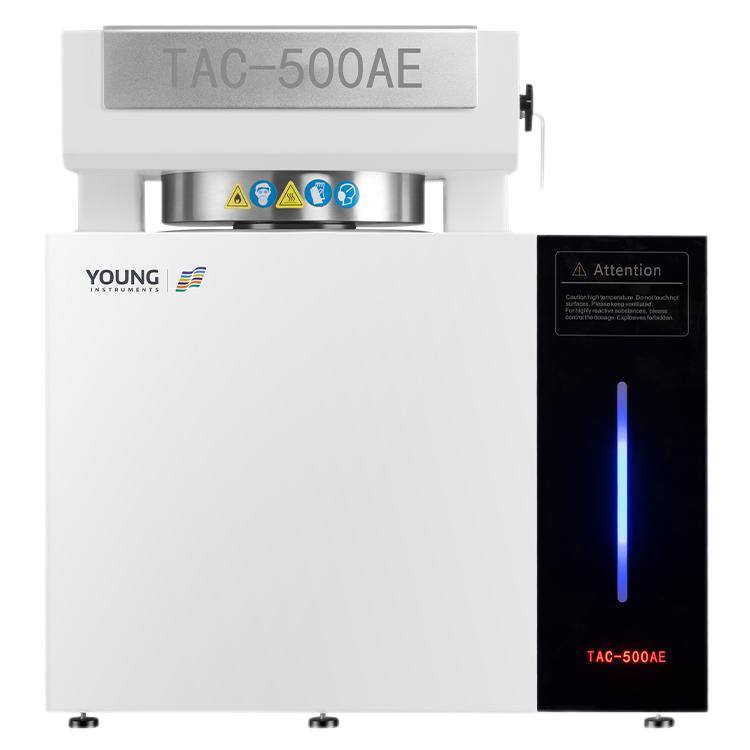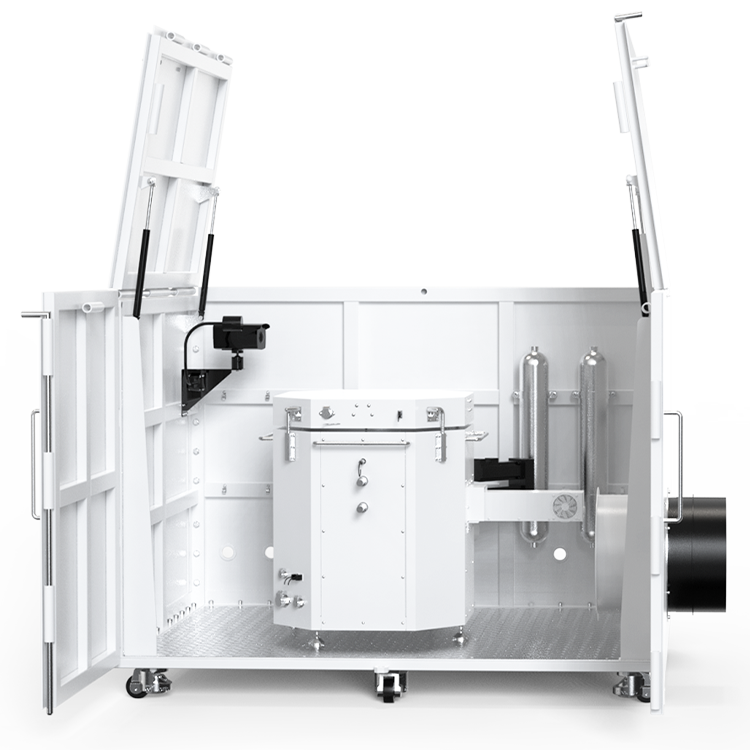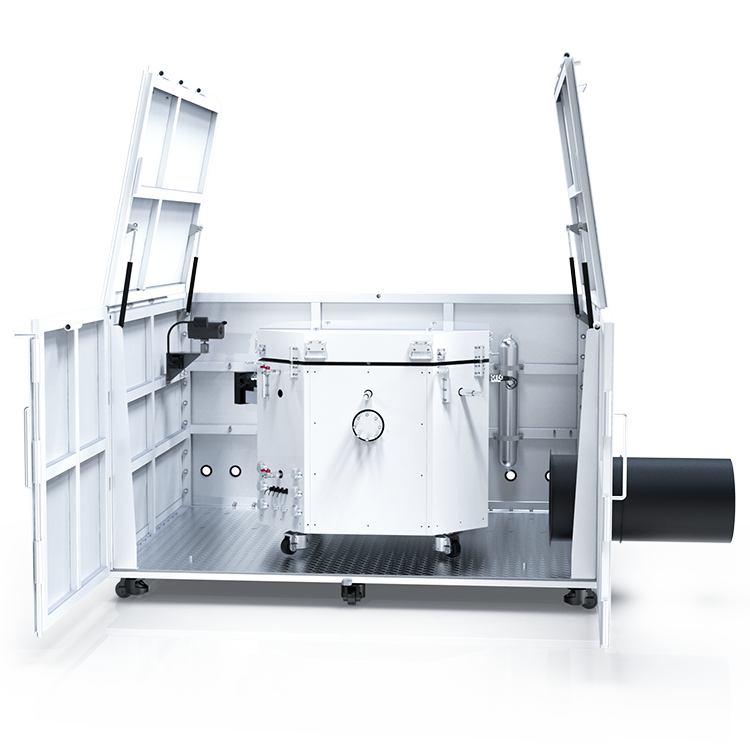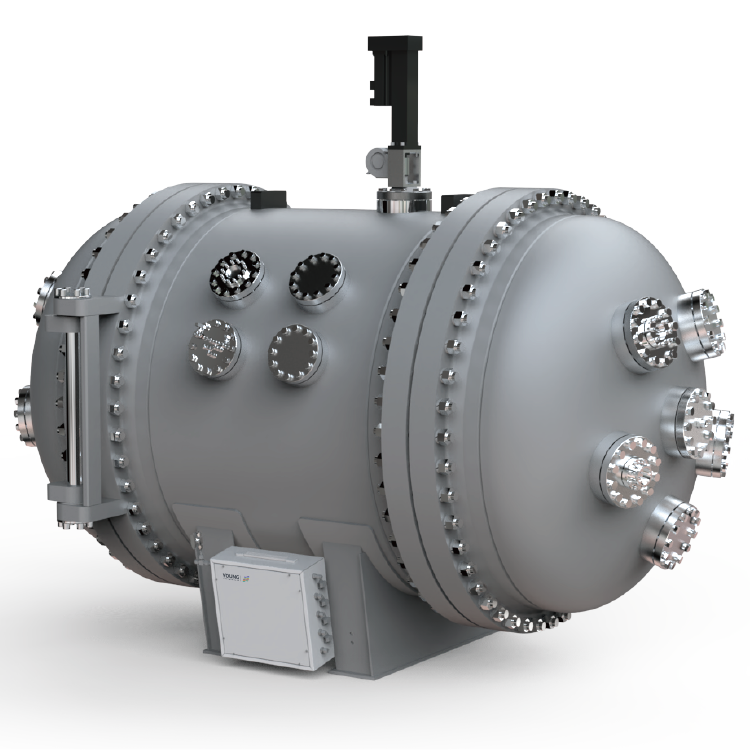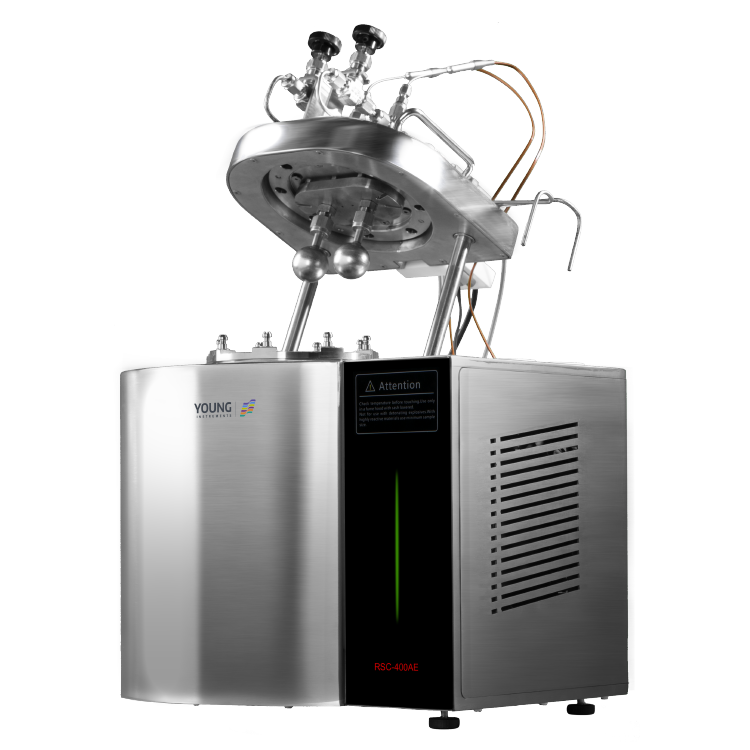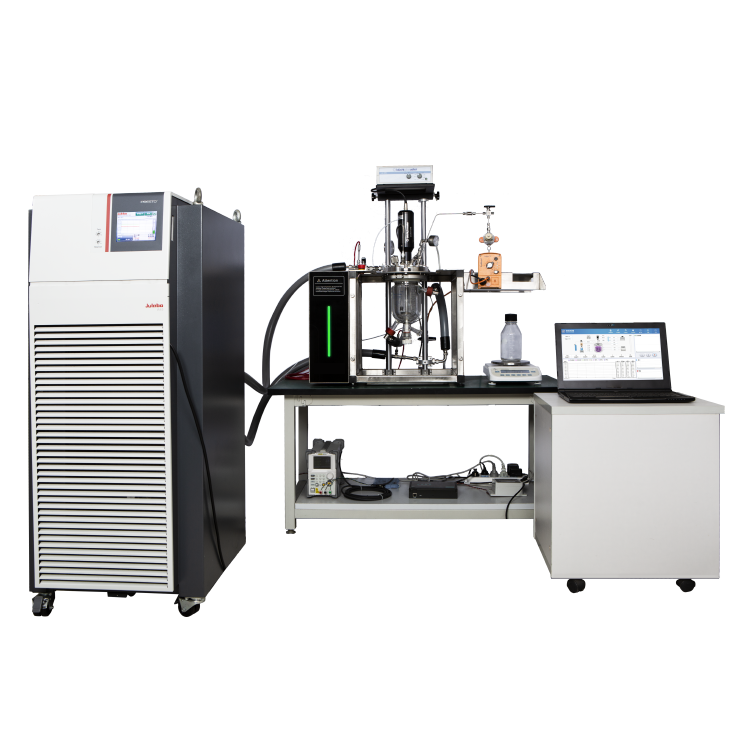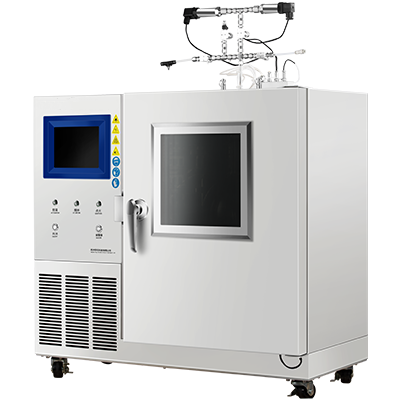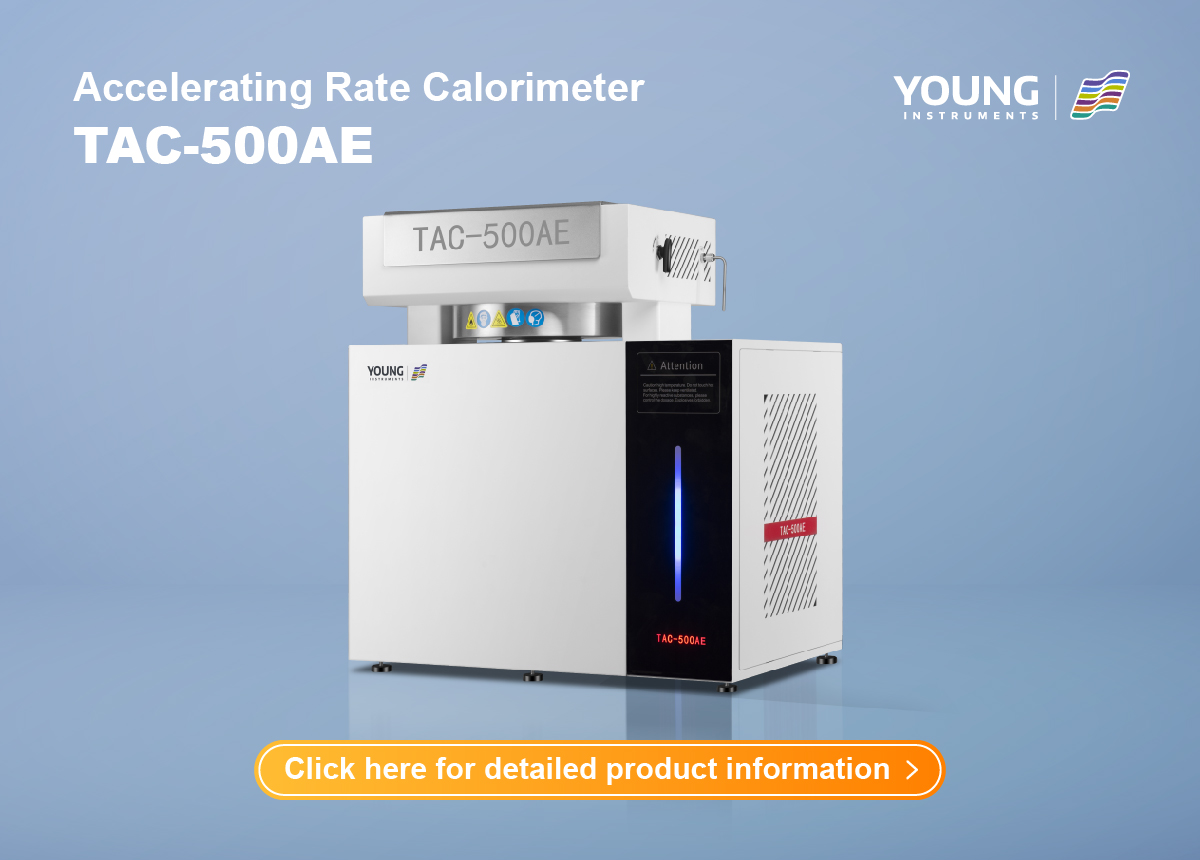Exploring ARC Calorimeter in Modern Chemical and Material Research
Have you ever wondered how scientists can measure the energy changes during chemical reactions or study the thermal properties of materials with such precision? The answer lies in the sophisticated tool known as the ARC Calorimeter. This highly specialized instrument is a game-changer for researchers and industries working in fields like chemical engineering, material science, and environmental studies. Let’s delve into the exciting world of ARC Calorimeters and explore how they are transforming research and development across various sectors.
What is an ARC Calorimeter?
An ARC (Accelerating Rate Calorimeter) Calorimeter is a high-precision device used to measure the heat released or absorbed during chemical reactions or phase changes. The key feature of the ARC Calorimeter is its ability to conduct experiments in an adiabatic (isolated) environment. This means that the system is thermally insulated from the outside, which helps to capture accurate temperature measurements without external interference.
The ARC Calorimeter is primarily used to investigate thermal hazards, the thermal stability of materials, and the reaction heat in both small-scale laboratory research and large industrial applications. By accurately monitoring heat flow, the device helps scientists understand the energetic properties of substances, which is crucial for safety, performance optimization, and reaction mechanism analysis.
How Does an ARC Calorimeter Work?
At its core, the ARC Calorimeter operates on the principles of thermal isolation and rapid heat transfer. The sample to be tested is mixed with reagents or other substances, and the calorimeter quickly heats the sample to the desired temperature. Within the device, a small container known as the “calorimeter vessel” holds the sample and the reaction solution. As the chemical reaction begins, the sample reacts with the reagents and releases or absorbs heat, causing a rise or fall in the temperature of the calorimeter vessel.
To ensure accurate measurements, the calorimeter vessel is surrounded by an insulation layer that maintains an adiabatic environment, preventing heat loss to or from the surroundings. In addition, a stirring mechanism ensures the uniform mixing of the reaction solution, eliminating errors caused by non-uniform reactions. As the temperature increases or decreases, the calorimeter records these changes over time, allowing researchers to calculate the total heat released or absorbed during the reaction.
In this way, the ARC Calorimeter provides precise data on reaction enthalpies, heat capacities, and other thermodynamic parameters, which can be further analyzed to uncover reaction kinetics, the stability of materials, and even the safety risks associated with various chemical processes.
Advantages of the ARC Calorimeter
The ARC Calorimeter offers numerous benefits for researchers and industries alike. The following advantages highlight why this instrument is a must-have for precise thermal analysis and reaction studies:
1. Highly Accurate Measurements
By utilizing an adiabatic setup, the ARC Calorimeter ensures that heat measurement is as accurate as possible. This is particularly crucial in sensitive experiments where even small deviations in temperature can lead to incorrect conclusions.
2. Quick Response Time
Thanks to its rapid heat transfer capabilities, the ARC Calorimeter can capture fast thermal events. This makes it particularly valuable for studying high-energy reactions or processes with short reaction times, such as explosive reactions or fast decomposition processes.
3. Versatile Applications
The ARC Calorimeter can be used across a wide range of industries and research fields. From material science to pharmaceutical development and environmental research, the ARC Calorimeter plays a critical role in the exploration of new materials, drugs, and environmental processes.
4. Accurate Thermodynamic and Kinetic Data
The ARC Calorimeter can measure heat flows with high resolution, providing valuable thermodynamic and kinetic data. This data is essential for understanding reaction mechanisms, optimizing reaction conditions, and improving process safety.
5. Safety and Reliability
With built-in safety features like overpressure and overtemperature alarms, as well as safety guidelines for risk assessment, the ARC Calorimeter helps ensure that experiments are conducted safely, minimizing the chances of accidents or hazardous events.
Specifications of the ARC Calorimeter
Here are the key specifications of the ARC Calorimeter:
- Temperature Range: RT to 500°C
- Temperature Detection Threshold: 0.005°C/min to 0.02°C/min
- Pressure Detection Range: 0 to 20,000 kPa
- Sample Test Amount: 8 mL
- Materials: Stainless Steel, Titanium Alloy, Hastelloy (optional)
- Weight: Approx. 78 kg
- Power Supply: AC 220V/50Hz
- Interface: USB or RJ45

Key Features of the ARC Calorimeter
The ARC Calorimeter comes with several standout features that make it indispensable for modern chemical and material research. Below are some of the key features that distinguish it from other calorimeters on the market:
1. Multiple Operating Modes
The ARC Calorimeter supports various operating modes, including Heating-Waiting-Search (HWS), isothermal mode, and constant rate scanning mode. This flexibility allows researchers to tailor experiments to suit different reaction types and time scales.
2. Advanced Data Analysis Software
Equipped with sophisticated data analysis software, the ARC Calorimeter automatically calculates critical parameters such as the heat release onset temperature, adiabatic temperature rise, activation energy, and pre-exponential factor. This software is designed to integrate seamlessly with the experimental process, enabling quick and accurate results.
3. Safety Risk Assessment
One of the most impressive aspects of the ARC Calorimeter is its integrated safety management features. The software includes guidelines for assessing the safety risks of fine chemical reactions. This provides researchers with a one-stop solution for evaluating the potential hazards involved in their experiments, particularly for exothermic or potentially dangerous reactions.
4. Rapid Cooling with Inert Gas
For experiments requiring quick cooling, the ARC Calorimeter can be connected to an inert gas system to rapidly cool the furnace. This feature is especially useful in reactions that need to be stopped or slowed down at precise moments.
5. User-Friendly Design
The ARC Calorimeter is designed with user experience in mind. Its simple, industrial design is both professional and intuitive, making it easy for operators to interact with the device. It also features automatic lid lifting for easier sample loading and unloading, ensuring a smooth workflow during experiments.
Applications of the ARC Calorimeter
The versatility of the ARC Calorimeter makes it an essential tool in a variety of fields. Some of the key applications include:
1. Materials Science
In materials science, the ARC Calorimeter is used to study the thermal stability, phase transitions, and combustion characteristics of materials. Researchers can use the data to optimize material properties and improve product performance.
2. Pharmaceutical Industry
For pharmaceutical companies, the ARC Calorimeter is invaluable in screening drug candidates, optimizing synthesis routes, and assessing the stability and safety of drug formulations. It can also be used to study the thermal decomposition of pharmaceutical compounds, ensuring their safety during production and storage.
3. Environmental Studies
Environmental scientists use the ARC Calorimeter to research the degradation mechanisms of pollutants, assess environmental risks, and develop eco-friendly materials. Its ability to measure heat release helps in the study of hazardous waste and recycling processes.
4. Chemical Engineering
The ARC Calorimeter is indispensable in chemical engineering for studying reaction kinetics, heat management in industrial processes, and the safety of chemical reactions. By accurately tracking heat generation, engineers can design safer and more efficient chemical plants.

Conclusion
The ARC Calorimeter from Hangzhou Zeal Instruments Science & Technology Co., Ltd. is a powerful tool for researchers and industries that require precise thermal data for chemical reactions, material testing, and environmental studies. With its advanced features, high accuracy, and safety protocols, it has become an indispensable instrument in laboratories around the world. Whether you’re conducting research in chemistry, materials science, or environmental science, the ARC Calorimeter is designed to meet the highest standards of performance and reliability.








